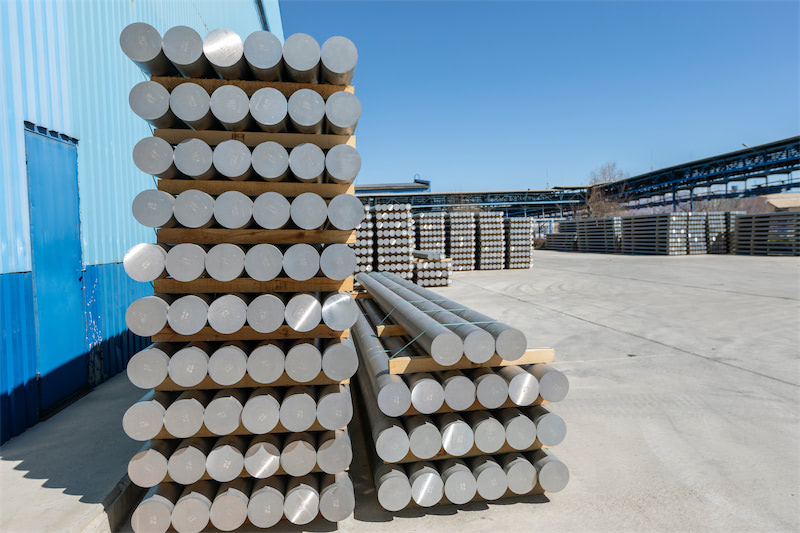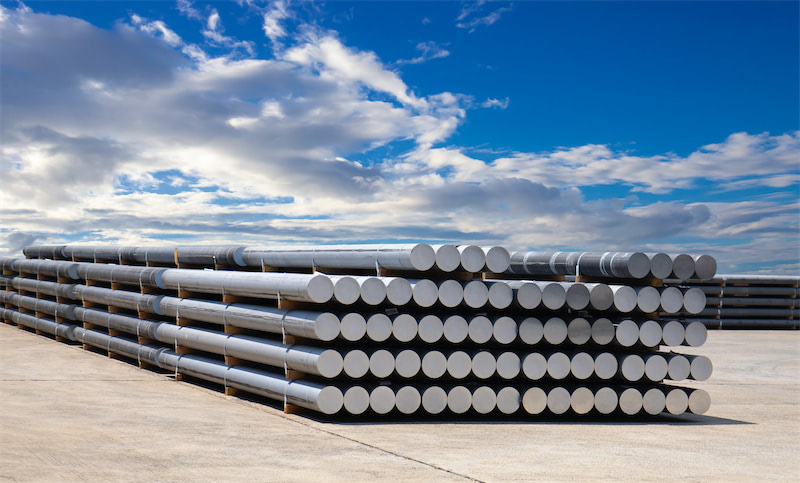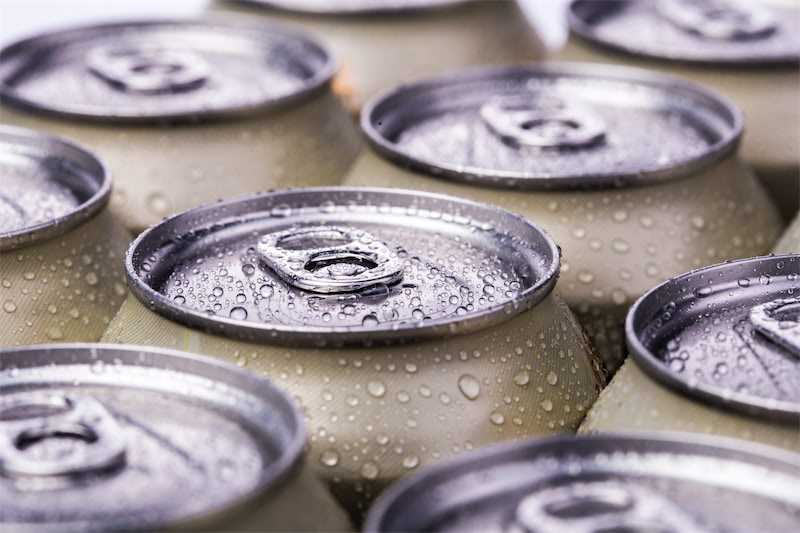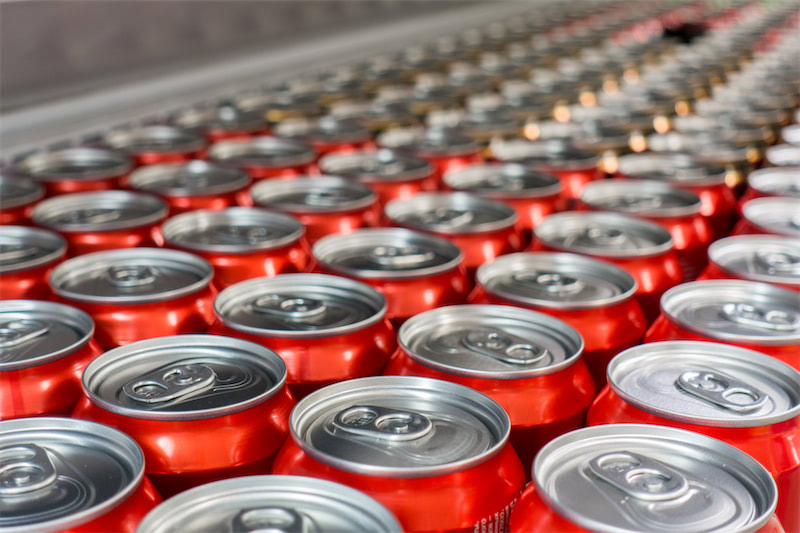Since 2024, global alumina markets have faced frequent supply disruptions, including but not limited to the closure of Alcoa's Kwinana refinery and a force majeure at Rio Tinto's Australian plants in Queensland. Recent developments in Guinea have added fresh volatility: in early October, the Guinean government halted bauxite exports from Emirates Global Aluminium’s (EGA) subsidiary, Guinea Alumina Corporation (GAC), triggering a new round of surge in alumina prices. Shanghai Futures Exchange’s (SHFE) main alumina contract (Alumina 2501) hit a record high of 5,055yuan/t on October 28, SMM alumina index (spot price) also reached an all-time high of 5,168yuan/t on 4 November, rose 71.7% compared to the same day last year.
Although GAC signed a MOU with the Guinean government for the development of a 1 million-ton alumina refinery in June 2024, the suspension of exports may be related to this matter. However, we believe there is something unsettled between EGA and the local government.
EGA is now negotiating with Guinean authorities to resolve the suspension. GAC, producing about 1.2 million tons of bauxite monthly for export, supplies EGA’s Al Taweelah refinery in the UAE and has a 3-million-ton supply with Vedanta’s Lanjigarh refinery under a long contract. Prolonged talks could impact the operations of those plants and could cut production, even driving the price increase further.
Guinea, a major bauxite supplier worldwide, contributes 32% of global supply, making any shift in its export policy significant. China produces nearly 60% of global alumina and about 73.39% of bauxite imports from the West African nation.
In recent years, Guinea sought to encourage foreign companies to build local refineries in order to extend the aluminium value chain and produce value-added products. Although several agreements have been signed, no greenfield alumina refineries have been constructed.
The ongoing negotiations between EGA and the Guinean government have left a wondering on the market: will Guinea impose a broader bauxite export ban, similar to Indonesia’s move in 2023, to stimulate foreign investments?
Indonesia’s Experience with a Full Export Ban
Indonesia imposed a 2023 ban on bauxite exports in June, aiming to stimulate the investment in domestic alumina industry by restricting raw material exports. This measure builds on the successful experience of the nickel industry. In 2020, Indonesia banned the export of nickel ore to seek to attract foreign investors, to develop domestic nickel processing capability. According to the Indonesian Government, that ban helped drive the value of nickel exports from 17 trillion rupiah ($1.6 million) at the end of 2014 to 326 trillion rupiah ($31.1 million) in 2021 — a 19-fold increase.
However, the ban on bauxite exports has not delivered the desired effect, partly because of the availability of bauxite from other sources, such as Guinea and Australia. With only 4.3 million tonnes of operational refining capacity in Indonesia, it has been unable to absorb the bauxite output previously allocated for export. Before the ban, Indonesia produced over 21 million tonnes of bauxite annually, with 19 million tonnes of bauxite exported to China. The limited domestic market has financially strained local miners, and some have lobbied the government to ease the ban. However, the government seems unlikely to revoke the policy.
The good news is, that although miners have to sacrifice some of their short-term interests, there are more alumina refineries in progress. A 1-million-ton refinery from Mempawah SGAR started operation in September 2024, and Jinjiang Group’s 1-million-ton refinery is expected to come on stream in early 2025. Nanshan Group's 2-million-ton expansion project is underway and anticipated to commence production between 2025 and 2026. Additionally, Tianshan’s 1-million-ton refinery may start operations after 2026.
According to SMM's estimates, if new capacity projects progress as planned, total alumina capacity could reach at least 10 million tonnes by 2027.
Guinea’s Unique Challenges
Unlike Indonesia, Guinea faces even greater challenges in developing its downstream industry. World Bank's data shows Guinea’s GDP per capita in 2023 is around $1,664 — far below Indonesia's $4,941. This reflects broader economic issues, including limited infrastructure, restricted energy access, and a shortage of skilled labour. Alumina refineries require significant energy and other materials, which have to be imported, adding substantial logistical and cost burdens.
According to the International Trade Centre, Guinea’s bauxite exports are valued at around $7 billion in 2023, accounting for roughly 77.7% of the country's total export revenue. This makes bauxite exports a crucial economic pillar that Guinea cannot easily afford to give up.
Strategic Constraints vs. Complete Export Ban
Indonesia had, in fact, previously attempted a similar strategy before its 2023 bauxite export ban. In 2009, the government enacted Mining Law No. 4, aimed at halting raw ore exports. However, due to limited domestic refining capacity, the government resumed bauxite exports in early 2017 to accommodate excess supply.
Even Indonesia, with a stronger economy than Guinea, struggled to enforce a complete ban without a fully developed downstream sector. For Guinea, achieving a comprehensive export ban is even less feasible under current conditions.
From SMM's perspective, Guinea might use selective export restrictions as a strategic approach to encourage investment in alumina refining projects, rather than imposing a full export ban. Such a strict export ban could put a strain on Guinea’s economy and cannot achieve its development targets.
SMM research indicates that several major investments are already underway. Following GAC’s agreement to build a 1-million-ton alumina refinery, SMB partnered with Alteo inked on a similar 1-million-ton project. Additionally, Chinese companies with mining operations in Guinea are planning a 3-million-ton refinery with regulatory approvals in progress.
Looking ahead, Guinea might consider flexible export policies, like reduced quotas or incremental taxes, to guide foreign companies toward local investments while preserving economic stability. In response, mining companies should consider potential bauxite supply disruptions and fulfil their commitment to alumina refining and infrastructure projects in Guinea. This approach could create a win-win outcome for both Guinea and its investors.



